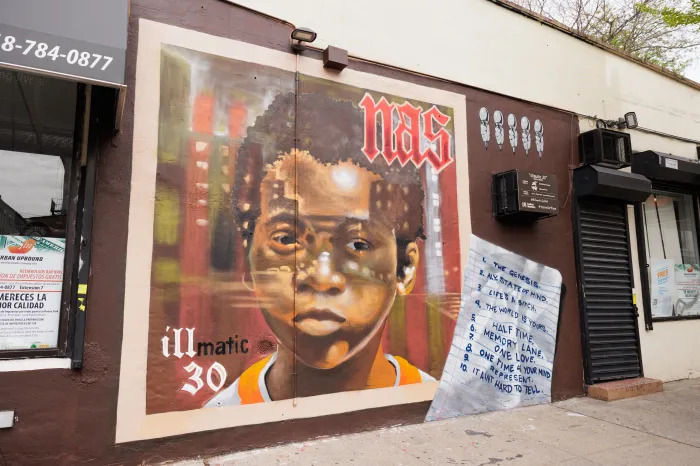By Arlene McKanic
The one thing that occurs to you during the performance of Astoria Performing Arts Center’s wonderful version of “The Human Comedy,” based on William Saroyan’s novel, is it was made at a more optimistic and less cynical time.
The musical tells the story of Ithaca, Calif. sending its boys off to World War II, though one can’t imagine a musical or play about a small American town that sends its boys (and, now, girls) off to Afghanistan or Iraq being so aggressively good-natured. Still, “The Human Comedy” and its talented cast and director make you surrender to it; yet at the end you’re at least a little misty eyed.
The story revolves around Homer Macauley, his family, friends and neighbors. His father recently died, his brother Marcus has gone to war, and he’s taken a job at the telegraph office where he even has to deliver telegrams from the War Department to his neighbors, informing them of their son’s death. In the meantime, things try to go on as usual, even with many of the windows of Ithaca bearing blue and gold stars. A blue star means one has a child in the service, a gold star means your child was killed in the service.
Galt MacDermot’s music, powered by William Dumaresq’s book, is stirring and delightful; one can’t understand why “The Human Comedy” flopped when it came to Broadway 30 years ago. Was it because in that rare time of peace there was nothing for it to push back against?
APAC’s large cast, dressed in period costumes by Chester Kaczorowski, is wonderful. Aaron J. Libby, though he’s a bit older than Homer, has the right teenage innocence, a befuddlement over the war, and a worshipful love for his character’s older brother, Marcus.
Stephen Trafton’s Marcus Macauley is so sweet-faced and good that you fear for him. His solicitousness toward his orphaned Army buddy, Tobey (D. William Hughes), is touching. Also good is the rollicking camaraderie between Marcus and his other soldier buddies, who while away the time between firefights by sharing smokes, innocent girlie magazines and care packages from home.
Victoria Bundonis is both saintly and strong as Kate Macauley, the kind widow who’s holding it all together for the sake of her good children. Bundonis’ singing is both confident and ringing but carries a fine vibration of pain; thoughts of her dead husband are never far from her.
Deidre Haren and Rachel Rhodes-Devey, in their pretty 1940s costumes, are lovely as Bess Macauley, Marcus’ sister, and Mary Arena, Marcus’ impatiently waiting girlfriend.
Jonathan Gregg and Rayna Hickman have some real chemistry as Thomas Spangler, the chap who runs the telegraph office, and Diana, the rich girl who loves him. Gregg plays Spangler with such decency that you’re made to believe it when the desperate John Strickman (Philip Deyesso) storms into the telegraph office brandishing a gun and demands all the money. Deyesso’s good acting also helps the scene, but it couldn’t possibly be written today and end the way it does.
Richard Vernon is gruffly humorous as the old drunk telegraph operator Mr. Grogan. And there’s Anthony Pierini as little Ulysses Macauley, who doesn’t understand why his father is dead and who loves few things better than to rush to greet the trains that go roaring through town.
The play falters a little near the end — there’s just an iota too much cheerful bravery in the face of tragedy. One waits for screams, collapsing and cursing of God that never comes, but that’s not the fault of the cast.
Saroyan’s novel was supposed to be a morale booster. Tom Wojtunik directs this musical without a hint of irony, which is much to his credit. Do read his moving note in the playbill.
Musical director Jeffrey Campos’ band, who perform in Army fatigues, transitions easily between music full of pathos and swing numbers, and Michael P. Kramer has created a perfect set for the small stage. The Macauley’s porch steps and a bit of their parlor is stage right, in the middle the townspeople sit in plain wooden chairs, the telegraph office is stage left.
The Human Comedy makes you wonder if people were ever this innocent, this kind to each other or this sweet to their communal children. But it doesn’t matter. You believe they were.
The Human Comedy will be at Good Shepherd United Methodist Church, 30-44 Crescent St. (@30th Road,) Astoria till May 21. Tickets are $18, $12 for seniors and students.





























